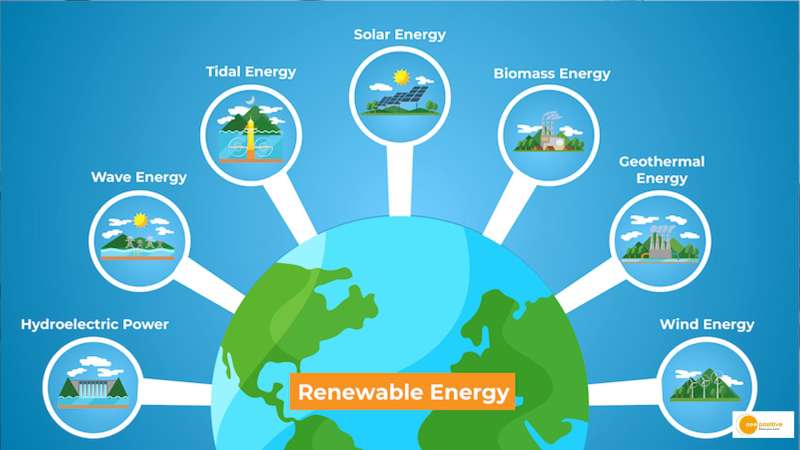

In the quest for ecologically friendly renewable energy sources to replace fossil fuels, researchers have uncovered an exciting possibility: bamboo. A recent study published in the esteemed journal ‘GCB Bioenergy’ highlights the remarkable attributes of bamboo that make it a desirable resource for providing sustainable energy. With its rapid growth, carbon dioxide absorption, and oxygen release, bamboo offers a renewable solution with immense potential. The study delves into various conversion methods, such as fermentation and pyrolysis, that can transform bamboo into valuable bioenergy products like bioethanol and biogas. This groundbreaking research not only sheds light on the energy value of bamboo but also provides insights for selecting the most suitable bamboo species for different bioenergy production procedures.
Bamboo’s Environmental and Energy Benefits:
Bamboo’s impressive growth rate and remarkable ability to absorb carbon dioxide while releasing substantial amounts of oxygen make it a standout candidate for renewable energy production. The authors of the study emphasize the importance of these ecological advantages in combatting climate change and reducing greenhouse gas emissions. By harnessing bamboo’s energy potential, we can make significant strides towards a greener and more sustainable future.
Exploring Conversion Methods:
The research review conducted by Zhiwei Liang, the first author of the study from the Hungarian University of Agriculture and Life Science, highlights the various energy conversion methods applicable to bamboo biomass. Among the primary products obtained through these methods are bioethanol and biochar. The chemical composition of bamboo, which can vary across different species, plays a crucial role in determining the most efficient conversion processes. Further research efforts are recommended to collect comprehensive quantitative data, enabling the selection of bamboo species that minimize biomass pre-treatment time and cost.
Advancing Renewable Energy Systems:
As the world seeks alternatives to fossil fuels, bamboo emerges as a promising contender in the renewable energy landscape. Its abundant availability, rapid growth, and carbon-neutral characteristics make it an attractive option for sustainable energy production. Additionally, bamboo offers versatility, with applications ranging from bioethanol to biogas and other bioenergy products. This renewable resource has the potential to revolutionize energy systems and contribute significantly to mitigating climate change.
Harnessing the Power of Bamboo:
To fully utilize bamboo’s energy potential, technological advancements and research are key. The development of innovative processes for bamboo biomass conversion, such as fermentation and pyrolysis, can enhance the efficiency and scalability of bamboo-based bioenergy production. Furthermore, the identification of optimal bamboo species for specific energy production procedures through extensive data collection will enable streamlined and cost-effective operations.


